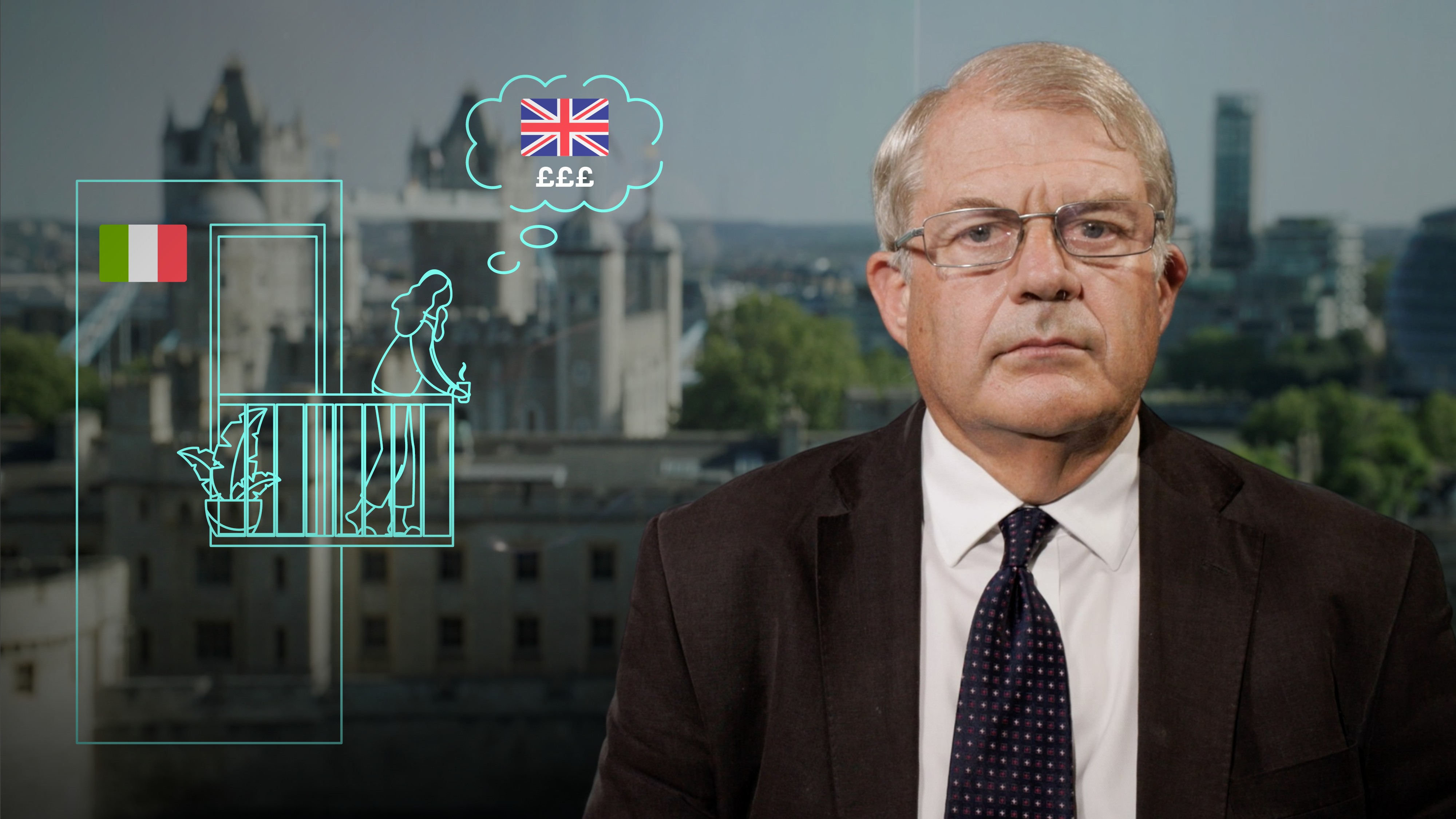
Mitigating the Effects of Brexit

Sir Mark Boleat
40 years: Executive leadership & banking
In this final instalment of Sir Mark Boleat's series on Brexit, he answers the question: what can Britain do to mitigate the long-term effects of Brexit on the financial services industry in the UK?
In this final instalment of Sir Mark Boleat's series on Brexit, he answers the question: what can Britain do to mitigate the long-term effects of Brexit on the financial services industry in the UK?

Mitigating the Effects of Brexit
9 mins 58 secs
Key learning objectives:
Explain some options Britain could undertake to mitigate longer-term effects of Brexit
Explain the pros and cons to radical deregulation
Explain Britain’s stance on immigration and how this might change post-Brexit
Overview:
With Britain having left the EU, there is a multitude of options that can be taken to mitigate long-term effects and increase competitiveness as a financial centre. Some options include reforming regulation and increasing immigration through addressing certain deterrents such as housing prices.
What can Britain do to mitigate the longer-term effects of Brexit on the financial services industry in the UK?
- Deferring loss of business
- Regulators do co-operate with each other and there will be scope for the Prudential Regulation Authority in particular to work with its counterparts in the EU member states to agree measures that will have the effect of preserving some business in London for longer than the end of the transition period.
- But this should be seen as no more than a temporary measure - deferring rather than preventing the inevitable loss of some business from Britain.
- Radical Deregulation
- It has been suggested by some that once the UK is outside the EU it will be able to follow a path of radical deregulation to gain a competitive advantage over continental Europe - a model that has come to be called ‘Singapore on steroids’.
- Although, there is no appetite in the UK for significant deregulation as many institutions based in the UK will still be operating in the EU.
Would it be beneficial for Britain to engage in radical deregulation?
The reality in respect of financial services is that the EU rules largely reflected the British position and have benefitted the industry in Britain substantially. From time to time ministers have called on the industry to give examples of EU regulation that should be removed once Britain leaves the EU. Industry has invariably responded with the comment that what concerns them is not EU regulation but regulation that is entirely British or the way that EU rules are implemented in the UK, a process known as gold plating. Examples include:- Capital requirements which in practice are substantially higher than those required by the EU
- Anti-money laundering and know your customer requirements, which again are more intrusive in the UK than in other countries
- The ring fencing requirement on banks operating in the UK - this has had a significant unforeseen consequence in trapping retail deposits in the retail bank which has distorted the operation of the housing finance market in particular
- Onerous inspections and data requirements
- In the banking industry there was also the specific issue of the banking levy, an additional tax imposed on banks
If not deregulation, what is the best course for Britain to take in regards to regulation?
If there is a political wish to preserve as much financial services business in the UK as possible, regulatory and tax arrangements for the financial services industry need to be reviewed not with any intention of a “race to the bottom” but rather to seek to align with international standards and not to go beyond them without very careful consideration of the competitive impact.
One issue here is that most regulation is not made by politicians but by regulators, and they are risk averse.
How competitive is London as a centre for financial services?
The UK’s competitiveness in respect of financial services depends not only on measures specific to financial services but also on wider issues. For all of its undoubted attractions, London is a very expensive place in which to do business, particularly because of high housing and transport costs, which make London a less attractive place in which to work, particularly for young people not on the housing ladder.What has been the UK’s stance on immigration and how will this impact businesses post-Brexit?
The Conservative government in 2012 reduced the period of time for which foreign graduates can stay in the UK without specific authorisation from two years to six months. More generally, the atmosphere was deliberately created that immigrants were less welcome. The government relentlessly pursued a net immigration target of 100,000 a year, which never had any prospect of being achieved and which was surpassed in every year.
These policies were specifically promoted by Theresa May when Home Secretary and then as Prime Minister. With her departure, the 100,000 target has effectively been removed and the two year post study visa will be reintroduced. However, at the end of the transition period, EU nationals will be treated the same as other non-UK citizens for immigration purposes and this will not help the ability of businesses in Britain to attract the high-quality staff they need.

Sir Mark Boleat
There are no available Videos from "Sir Mark Boleat"

